News & Media
Addressing transformation in SA, one task team at a time
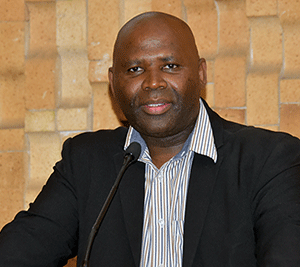
Dr Somadoda Fikeni (Director: VC Projects and Advisor to the Principal, Unisa)
Unisa’s Dr Somadoda Fikeni is not only an acknowledged expert in the area of political science, but he is a sought-after specialist in matters affecting the country and higher education. His input as an academic is highly regarded by the South African media and government.
Fikeni, who is an advisor to the university’s Principal and Vice-Chancellor’s projects, participated on three major report panels recently.
One of the three reports Fikeni worked on, and which has generated a great deal of exposure in the media, was the Enquiry into the circumstances surrounding Professor Bongani Mayosi’s tenure: Crucible for senior black academic staff?, published on 16 June 2020.
Appointed by the Council of the University of Cape Town (UCT), Fikeni was among a panel of external members investigating and reviewing issues raised by various stakeholder representatives in the immediate aftermath of the passing of Mayosi. The other panel members were Prof Thandabantu Nhlapo (chair), Prof Pumla Gobodo-Madikizela and Nomfundo Walaza. This report presents an overview of developments surrounding the appointment and tenure of Mayosi as the Dean of the Faculty of Health Sciences, up to his tragic passing on 27 July 2018 and the reactions to it.
The summary of the report is organised into distinct and yet inter-related topics that seek to cover various points regarding Mayosi’s overall experiences as a dean, the challenges he encountered and the manner in which the university handled these.
"The panel was conscious that given UCT’s status within the higher education sector, and given Mayosi’s own profile, the report should not only be a document for review by the university and the Mayosi family, but should also be relevant for other institutions facing transformation challenges, as well as a wider audience of academics and policymakers involved in both scholarly and popular debates about mental health issues and about issues of transformation," states the report.
In the exercise of its mandate, the panel sets out a list of recommendations matching its key findings, both in respect of Mayosi as a respected member of the university community during his illustrious life, and in respect of lessons learnt from his passing about how to create an inclusive university.
The second report Fikeni participated in was A new South African Diplomatic Academy Ministerial task team draft final report: 31 August 2019, where the task team comprised Prof Richard Calland (chair), Gemma Cronin, Prof Paul-Henri Bischoff, Ambassador Mathu Joyini, Aziz Pahad, Prof Garth le Pere and Fikeni. They advised the Minister of International Relations and Co-operation on the establishment of a new South African Diplomatic Academy in terms of the letter and spirit of the Foreign Service Bill.
The report envisages a 'free standing' fully-fledged new Diplomatic Academy that falls under the management and control of DIRCO, but which is semi-autonomous. "It must have sufficient operational independence to drive and sustain itself as a Centre of Excellence with a nimble, entrepreneurial ethos and a single-focus commitment to professional training and learning. This will require cutting-edge programmes and content underpinned by an appropriate adult-learning philosophy and practice, so as to produce a new breed of agile, critical-thinking diplomats, fit-for-purpose to serve South Africa’s national interest and navigate a pathway through a complex, uncertain world." The report then offers specific recommendations on the seven elements of the team’s terms of reference.
For the third report, an independent investigation task team was appointed by the Council of the North-West University (NWU) to report on the Welcoming and introduction of first year students. This team comprised Fikeni, Dr Leon Wessels (chair), Dr Mzubanzi Tyobeka and Advocate Rehana Rawat. The rationale for the report was that while the university had managed to make great strides in becoming one of the top South African universities in the field of research, teaching and student throughput rates, all these achievements could be undermined by negative recurring incidents, such as the much‐publicised initiation of new students. These incidents cast a negative spotlight on the university and begin to suggest that these old traditions are an indication of a university or its campuses which refuse to embrace transformation. The report then makes ten recommendations and provides an implementation strategy.
* By Lesego Ravhudzulo, Journalist, Department of Institutional Advancement
Publish date: 2020-07-07 00:00:00.0

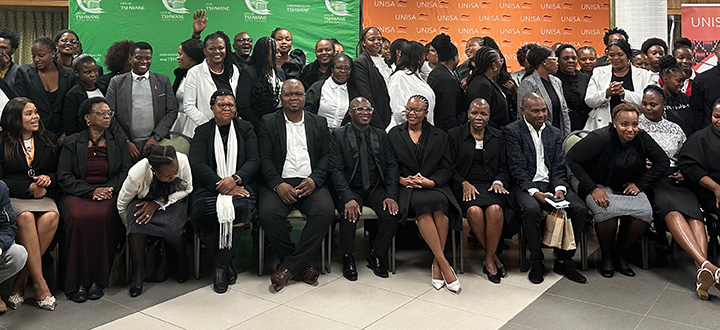 Unisa academics join hands to celebrate World Social Work Day
Unisa academics join hands to celebrate World Social Work Day
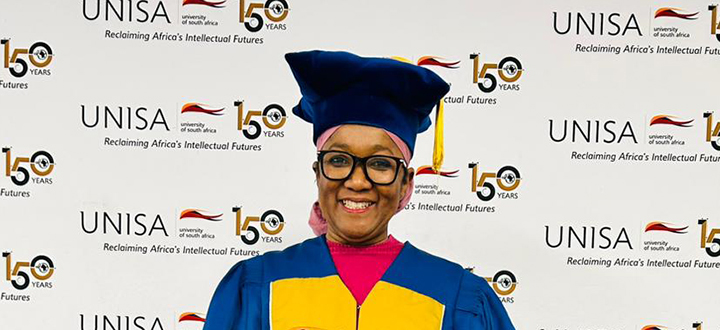 Unisa community engagement initiative targets school underperformance
Unisa community engagement initiative targets school underperformance
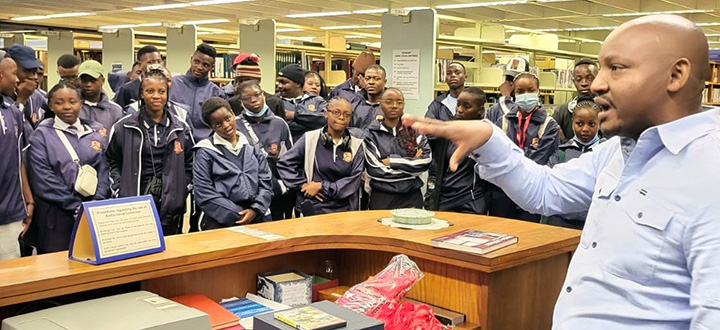 Library tour introduces learners to the wonderful world of Unisa
Library tour introduces learners to the wonderful world of Unisa
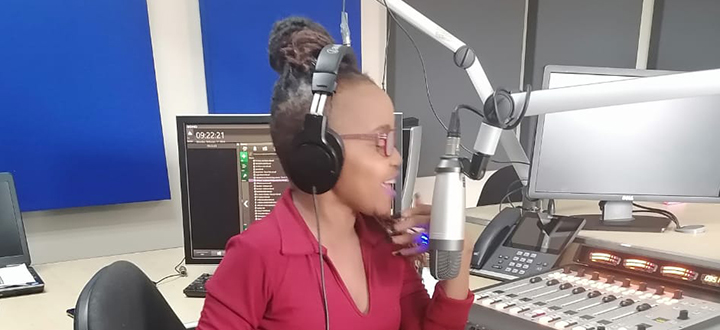 Unisa Radio volunteer wins prestigious community journalism award
Unisa Radio volunteer wins prestigious community journalism award
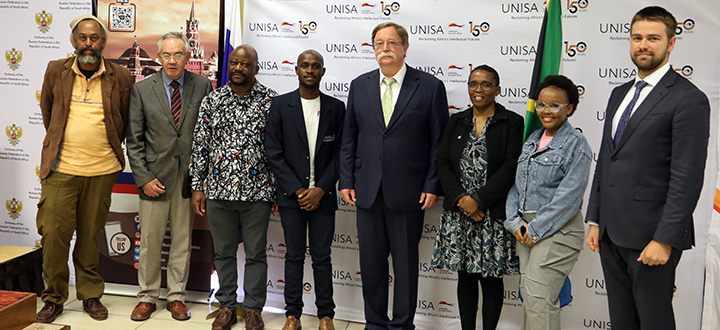 Unisa's student leadership engage with Russian ambassador
Unisa's student leadership engage with Russian ambassador